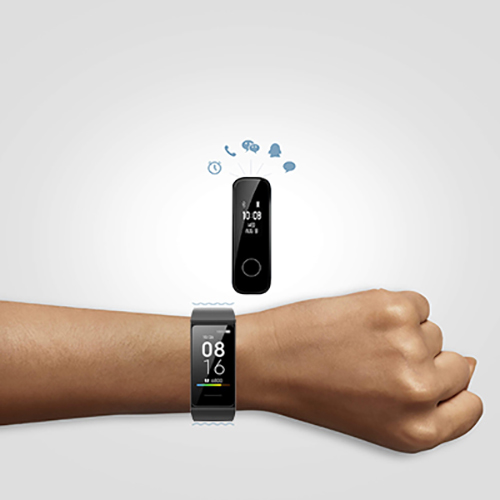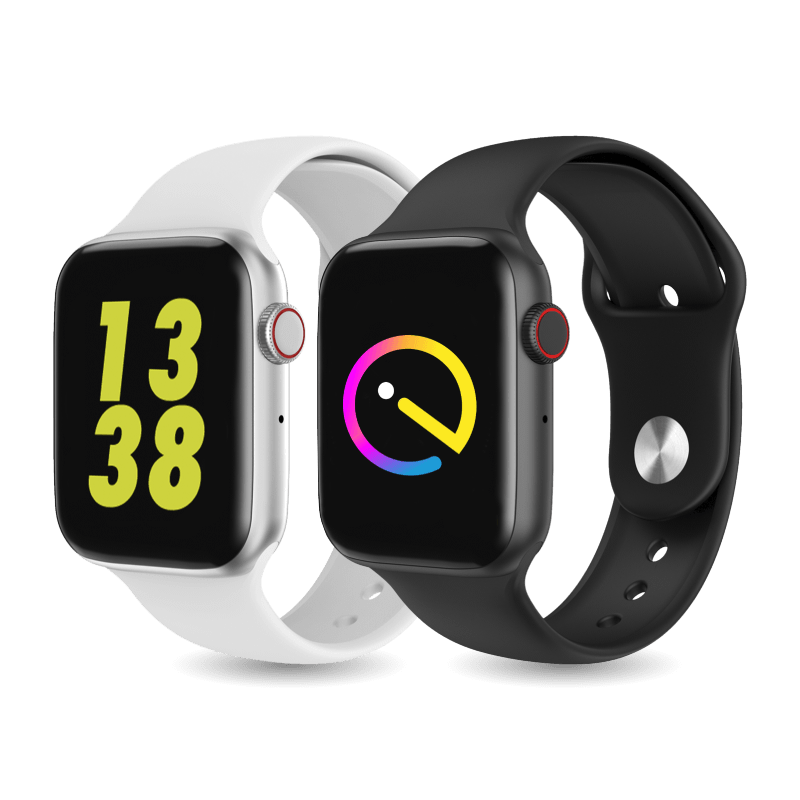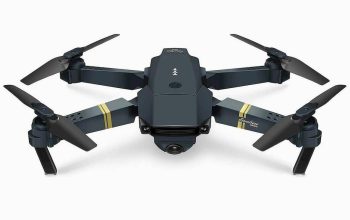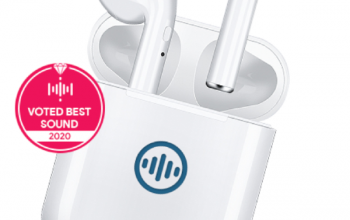Introduction
In the present world, everybody is concerned about health, having a good posture, keeping proper weight, etc. People have committed their lives to do exercises from just running to many full-fledged gym ones.
Everyone has become a workout master. If you are a daily exerciser you may have been using a fitness tracker. If you have prepared a plan or a fitness goal, you must probably seek the help of any fitness assistant or fitness tracker. These fitness apps are devices are evolving on a daily basis.

Uses of fitness trackers
A fitness tracker is a device that contains different sensors that help to track the orientation, rotation, and movement. These devices collect these sensed data to interpret various things like your eating and sleeping habit, energy used, or any general physical activity you do in a day. It will comprehend these data to steps, calories, time, etc. Some of the trackers have special features like an altimeter.
It will measure your altitude and thereby interpret how many stairs you have taken. It can sense whether you are running, walking, or sprinting. It also has sensors and alarms that can notify you of drinking water, sleeping at the correct time, walking, etc. There are many other uses for fitness trackers. Some of them are:
- Give workout tips: If you are generally a busy person, planning a workout routine and precisely adhering to it can be not easy. The fitness trackers provide various training and work out tips as per your time and need. It can provide the type of workout you wanted like only abs workout, legs workout, or the whole body workout.
- Monitor the health: fitness trackers track any physical activity you do. And it can alert you if you are not doing the required physical activity. Self–tracking helps you follow a proper diet, exercise, and help you sleep better.
- Keep track of your goals: If you have set a goal to reach, like completing 100 push-ups or running 10 miles or losing 20 pounds, fitness trackers can help you achieve that goal. It can track your exercise patterns and statics and can provide detailed information on how you may prefer change or improve to reach the goals.
Keep you motivated: Having a fitness tracker is the same as having a caring person who pulls you out of bed and makes you go for running in the morning. It can identify your bad habits or not be ready to work out and alert you about the situation and the goal you set. It helps to maintain an uninterrupted workout routine.

Fitness trackers can cause anxiety
Like fitness trackers have many pros, it also has some cons too. One of these cons is it can induce anxiety issues in the users. Young people are again using these fitness trackers to monitor health. And studies found that young people are more vulnerable to anxiety, obsessive behavior, and stress because of these fitness trackers’ usage. Young children, like from the age of eight, have internet access. And they are using it to do exercises and fitness leads to obsessive behavior to stay fit or to have a well-defined body structure with good abs and all.
Many of the young generations are also obsessed with celebrities having a faultless body posture. They tend to be like celebrities, become a zero size or with eight packs and all. But when it cannot be accomplished, they can show stress, sadness, and anxiety. Social media also have these fitness promoted contents, making the viewer use the product.
These fitness trackers, when they are potentially motivating, can also lead to obsessive behavior. Now there are heartbeat monitoring sensors, but there can be even glucose monitors in the future, which is completely crazy. It also makes the user follow unhealthy dietary practices and very hardcore workouts that are not good for the body.
Self – quantifying these apps can be helpful to some extent, but it can also develop anxiety in the users. The fitness trackers constantly make you aware of how your body works. So if there is a slight variation in it like the sleeping hours have changed slightly or you could not burn the calories you usually do, you will become very much concerned and anxious about it.
According to various studies, about 27 people who used fitness trackers to monitor their physical activities have shown heart problems. Self – measurement or self – tracks are more problematic than they are useful. People will begin to use the information about these trackers’ fitness or health and follow it like they would use a doctor. The users cannot interpret most of the statistics or data provided by these trackers, and they will unnecessarily become anxious about their health based on this data. The researchers have made 2 points about the pros and cons of fitness trackers. They are:
- All this information can be useful but can induce doubt: With this information, the user will be aware of their health. But many of them will link this information to other complicated things like heart conditions. If the tracker shows a faster or slower heartbeat rate, the user will think that it is because of some heart problems, making them stressed out and causing unwanted anxiety. So the thing is the data given by the fitness trackers cannot be directly linked to any health condition you have. They monitor your activities and help to improve it.
- The users will have the courage to do the workouts and feel guilt: It is like the two sides of a coin. While it aims to bring positive thoughts to the user to do exercise, but if the person could not follow the step or could not do the physical activity for one day, then he/she will feel guilty about it. If the tracker suggests walking 10,000 steps, and the user could not do it, it can make them tenser about it. The heart patients are not advised to follow fitness trackers as their anxiety can worsen the condition.
The use of fitness tracking technology has become a common thing in between the runners. Their growth and working activities are improving day – by – day. The availably of a variety of fitness trackers in the market is a win-win to mix and match for the purpose, design, aesthetics like the wrist bands, armbands, smartwatches, clip –and some other absurd electronics like built-in pressure socks.
It will track everything you do, from sleeping hours to even speed of eating. This fitness monitoring trend started in 2007 when companies like Nike, fit bit, etc. have begun to invest in the fitness market. Then it was followed by some other companies like LG, Samsung, etc. When apple came to produce apple smartwatches, then the use of fitness trackers increased like nothing else. Now apple is the leading producer of smartwatches.


